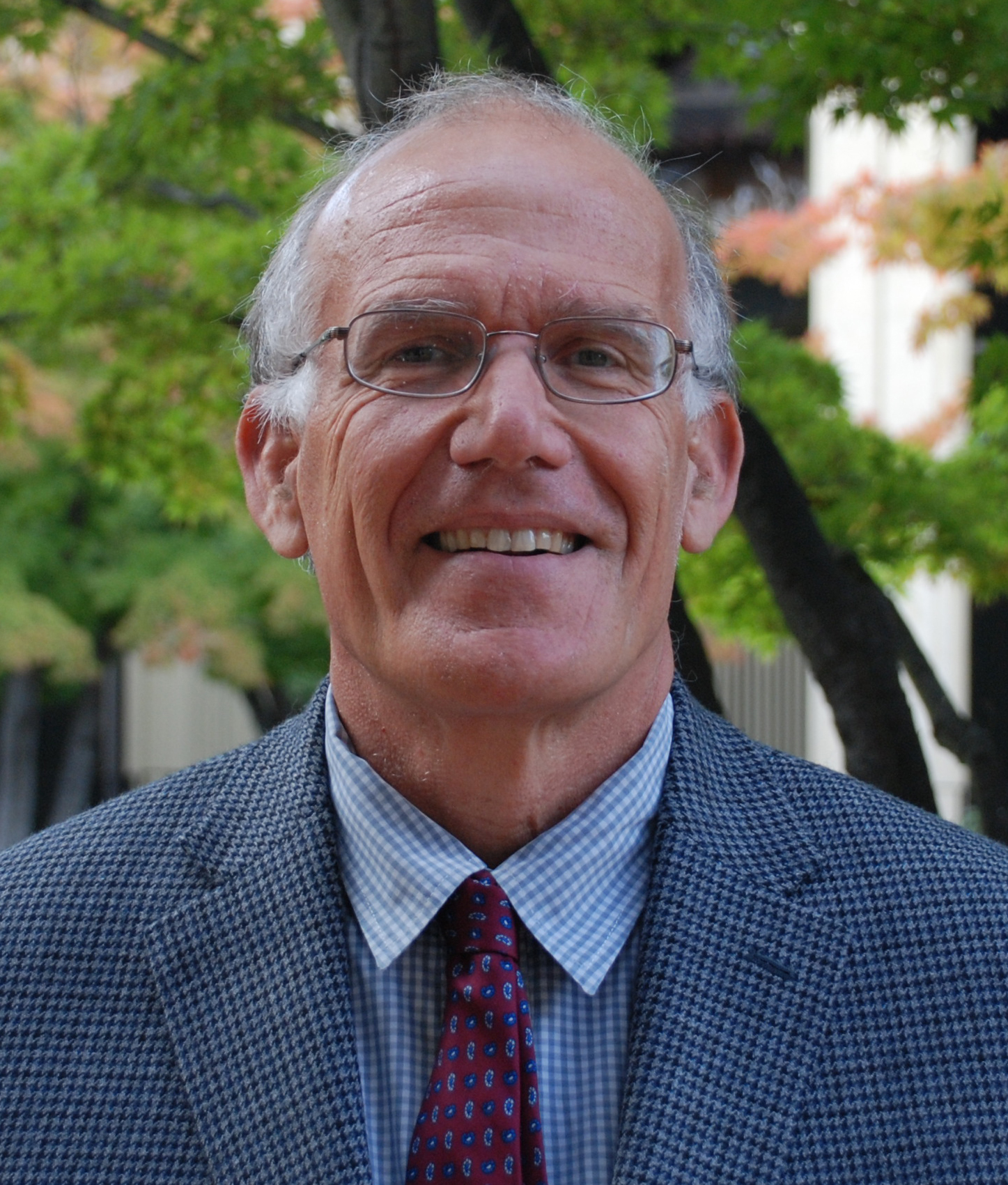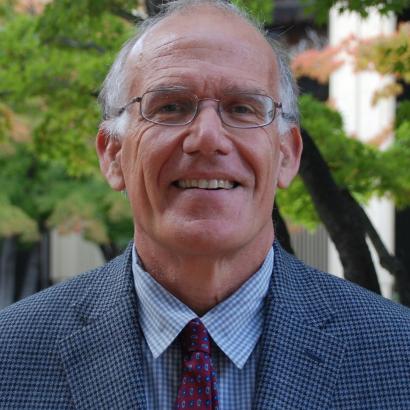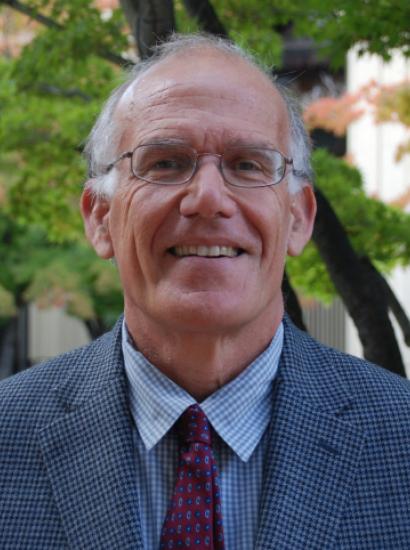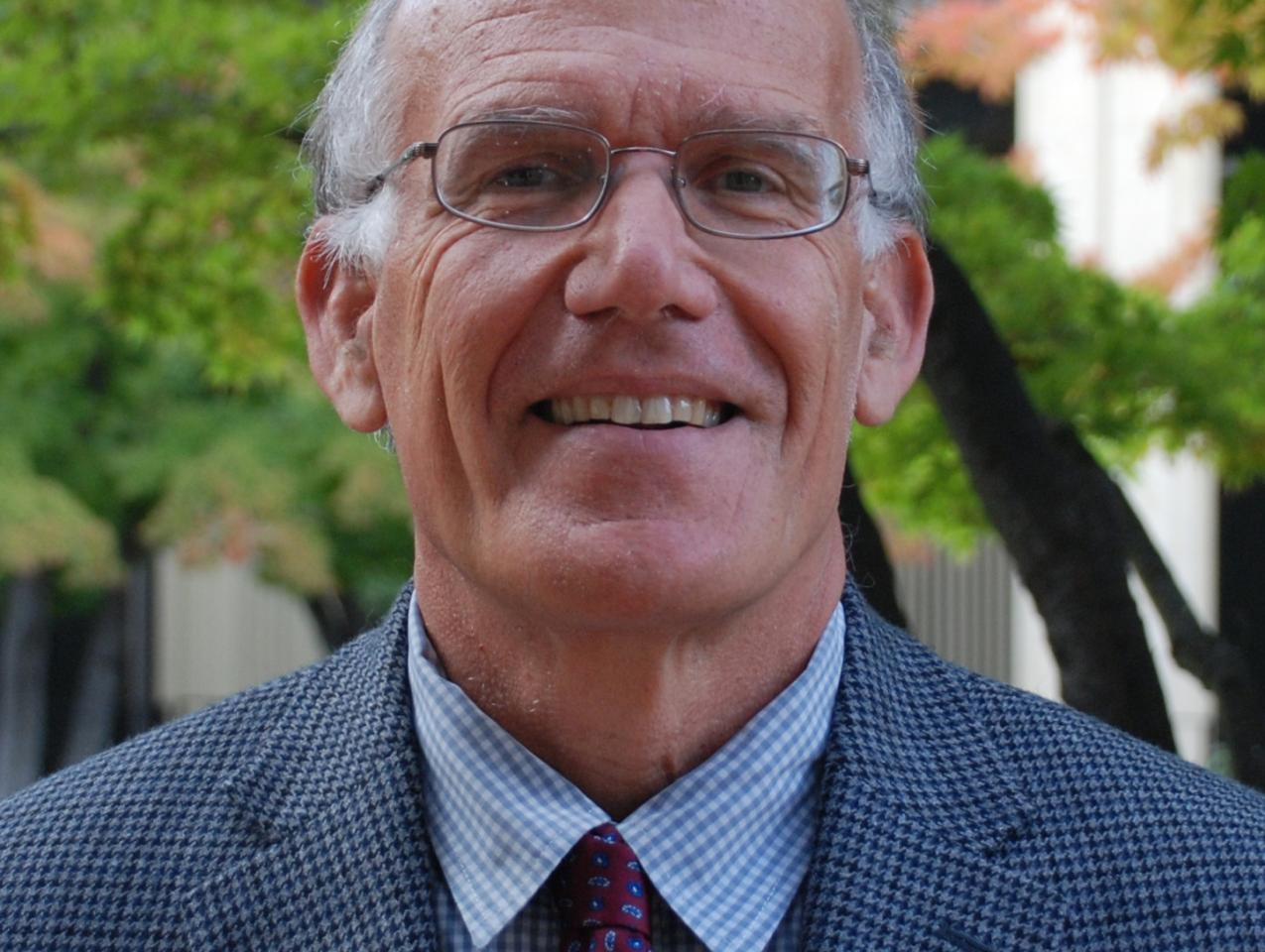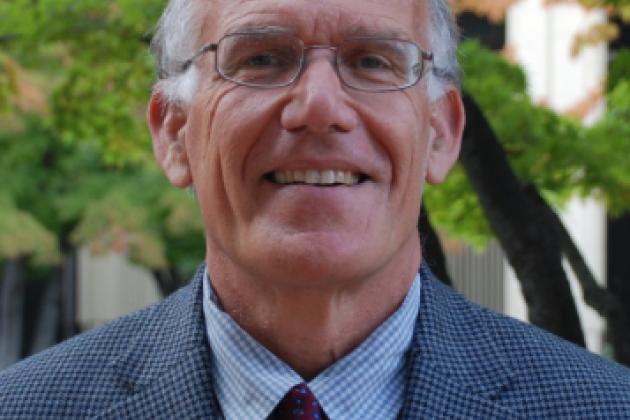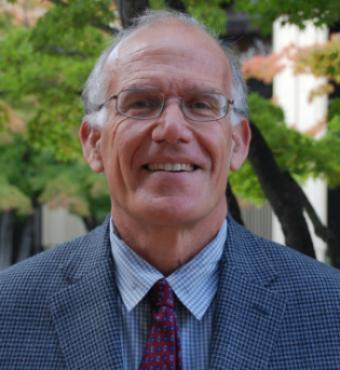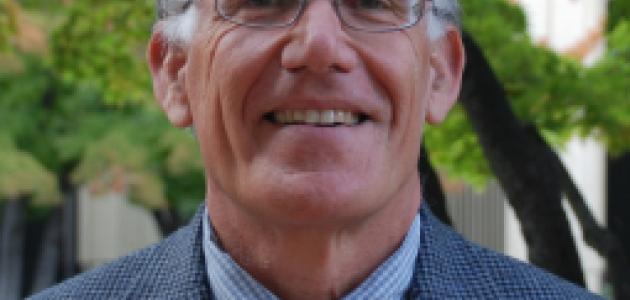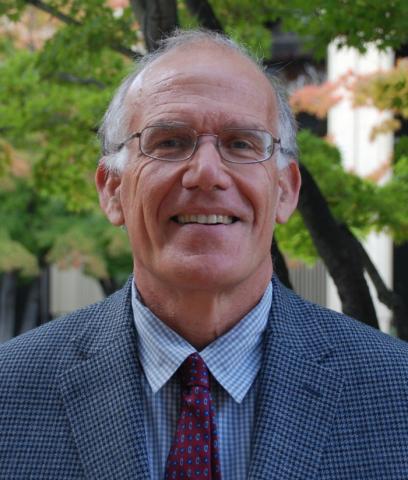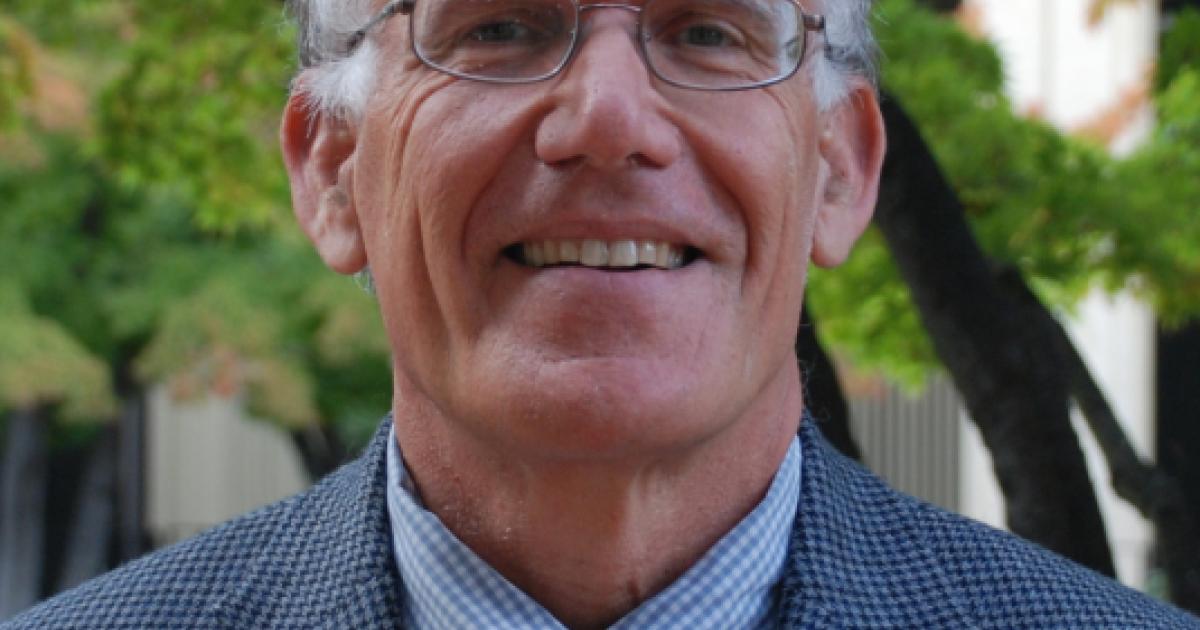
Victor Davis Hanson, the Hoover Institution’s Martin and Illie Anderson Senior Fellow, was named by President George W. Bush today as one of ten recipients of this year’s National Humanities Medals.
The medals will be awarded by the president in a White House East Room ceremony tomorrow. The president will be joined by First Lady Laura Bush; Mrs. Lynne Cheney; Dana Gioia, chairperson, National Endowment for the Arts; Bruce Cole, chairperson, National Endowment for the Humanities; and recipients of the National Medal of Arts, who will also receive their honors at the event.
Hanson, a noted military historian and author, will be honored along with scholars, historians, and others who have made significant and lasting contributions to the humanities, including
Stephen H. Balch, scholar - Princeton, New Jersey
Russell Freedman, author - New York, New York
Roger Hertog, philanthropist - New York, New York
Cynthia Ozick, author - New Rochelle, New York
Richard Pipes, author and historian - Cambridge, Massachusetts
Pauline L. Schultz, curator and author - Hixson, Tennessee
Henry Leonard Snyder, scholar - Kensington, California
Ruth R. Wisse, scholar - Cambridge, Massachusetts
Monuments Men Foundation for the Preservation of Art – Dallas, Texas
“The Hoover Institution is honored to count Victor Davis Hanson among those Hoover fellows who have been recognized with this award,” said Hoover director John Raisian. “Those medals have been bestowed on Thomas Sowell and Shelby Steele, as well as the one awarded by the president to the Hoover Institution itself. Victor’s honor is well deserved, and a source of inspiration and pride for all of us.”
Hoover research fellow Shelby Steele received the medal in 2004, and Thomas Sowell, the Rose and Milton Friedman Senior Fellow in Public Policy, received his medal in 2002. The Institution received its medal last year.
The National Humanities Medal, first awarded in 1989 as the Charles Frankel Prize, honors individuals and organizations whose work has deepened the nation's understanding of the humanities, broadened citizens' engagement with the humanities, or helped preserve and expand America's access to important humanities resources.
Hanson was a full-time farmer before he joined California State University, Fresno, in 1984 to initiate a classics program. In 1991, he was awarded the American Philological Association Excellence in Teaching Award, which is given yearly to the country's top undergraduate teachers of Greek and Latin.
He also was a National Endowment for the Humanities fellow at the Center for Advanced Studies in the Behavioral Sciences, Stanford, California (1992–93), a visiting professor of classics at Stanford University (1991–92), a recipient of the Eric Breindel Award for opinion journalism (2002), and an Alexander Onassis Fellow (2001); he was named alumnus of the year of the University of California, Santa Cruz (2002). He was also the visiting Shifrin Chair of Military History at the U.S. Naval Academy, Annapolis, Maryland (2002–03).
Hanson has authored articles, book reviews, and newspaper editorials on Greek, agrarian, and military history and essays on contemporary culture. He has written or edited thirteen books, including Warfare and Agriculture in Classical Greece (1983; paperback ed., University of California Press, 1998); The Western Way of War (Alfred Knopf, 1989; 2nd paperback ed., University of California Press, 2000); Hoplites: The Ancient Greek Battle Experience (Routledge, 1991; paperback ed., 1992); The Other Greeks: The Family Farm and the Agrarian Roots of Western Civilization (Free Press, 1995; 2nd paperback ed., University of California Press, 2000); Fields without Dreams: Defending the Agrarian Idea (Free Press, 1996; paperback ed,. Touchstone, 1997); The Land Was Everything: Letters from an American Farmer (Free Press, 2000); The Wars of the Ancient Greeks (Cassell, 1999; paperback ed., 2001); The Soul of Battle (Free Press, 1999, paperback ed., Anchor/ Vintage, 2000); Carnage and Culture (Doubleday, 2001; Anchor/Vintage, 2002); An Autumn of War (Anchor/Vintage, 2002); and Mexifornia: A State of Becoming (Encounter, 2003). His book, Ripples of Battle, was published by Doubleday in autumn 2003.
Hanson coauthored, with John Heath, Who Killed Homer? The Demise of Classical Education and the Recovery of Greek Wisdom (Free Press, 1998; paperback ed., Encounter Press, 2000), and, with Bruce Thornton and John Heath, Bonfire of the Humanities (ISI Books, 2001).
He has written essays, editorials, and reviews for the New York Times, the Wall Street Journal, the International Herald Tribune, the New York Post, National Review, American Heritage, Policy Review, Commentary, National Review, the Wilson Quarterly, the Weekly Standard, Daily Telegraph, and Washington Times and has been interviewed often on National Public Radio, the PBS Newshour, and C-Span BookTV. Currently, Hanson is a weekly columnist for the National Review Online and serves on the editorial board of Arion, the Military History Quarterly, and City Journal, as well as the board of the Claremont Institute.
Hanson was educated at the University of California, Santa Cruz (B.A. 1975), and the American School of Classical Studies (1978–79); he received his Ph.D. in classics from Stanford University in 1980.
He currently lives and works on his family’s forty-acre tree and vine farm near Selma, California, where he was born in 1953.







